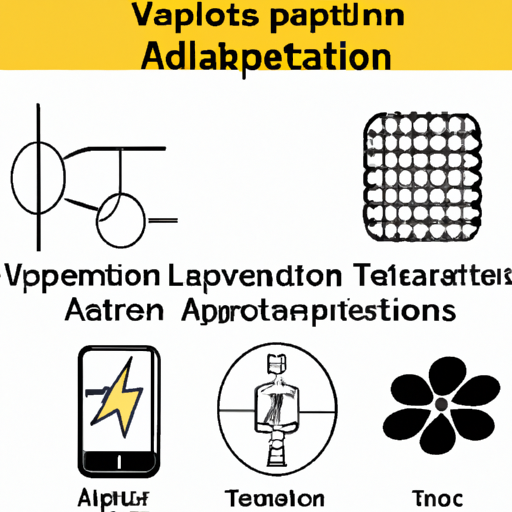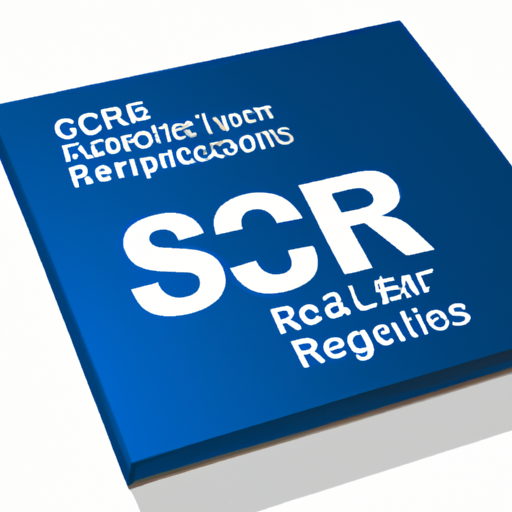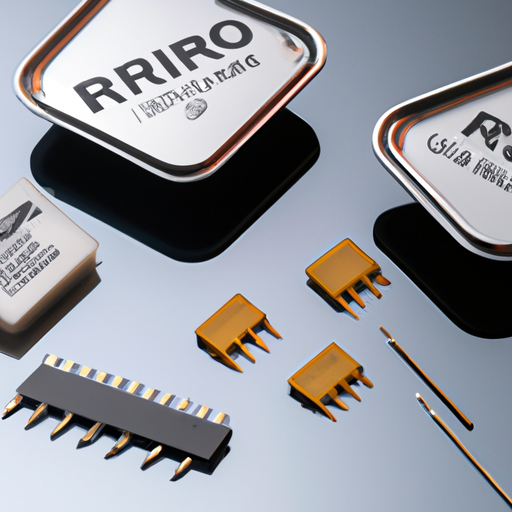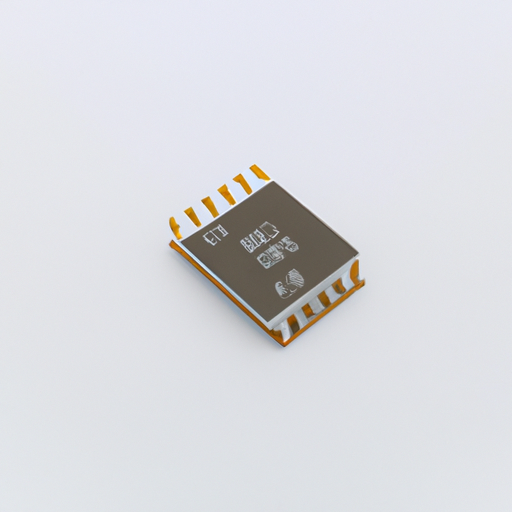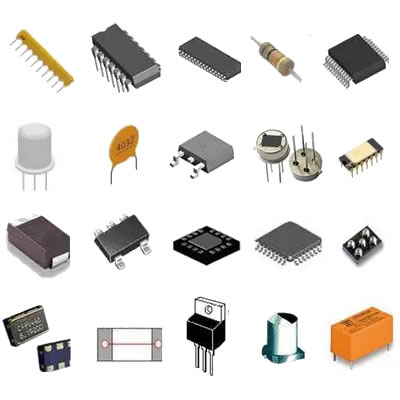An article to help you understand what a high-power resistor is
High-power resistors are resistors designed to withstand high-power currents and generate a lot of heat. They are often used in industrial and commercial applications, such as power electronics, motors, heating systems, and lighting equipment. The design and manufacture of high-power resistors need to consider many factors, including current capacity, withstand voltage, temperature coefficient, and stability.

Secondly, high-power resistors need to have sufficient voltage resistance to prevent breakdown and damage caused by excessive voltage. This requires the insulation material and structural design of the resistor to be able to withstand high voltage and ensure the safe operation of the circuit.
In addition, the temperature coefficient of high-power resistors is also an important consideration. The temperature coefficient refers to the proportional relationship between the resistance value and the temperature change, usually expressed in ppm/℃. High-power resistors need to have a low temperature coefficient to ensure the stability and accuracy of the resistance value at different temperatures.
In addition, high-power resistors also need to have good stability and reliability to ensure that they will not fail or be damaged during long-term high-load operation. This requires the resistor's materials and manufacturing processes to be of high quality and reliability to ensure its stability and reliability in harsh environments.
In general, high-power resistors are resistors that are used to withstand high-power currents and generate a lot of heat, and are usually used in industrial and commercial applications. They need to have sufficient current capacity, voltage resistance, temperature coefficient, and stability to ensure their reliability and stability under high loads and harsh environments. When manufacturing and selecting high-power resistors, it is necessary to consider the above factors and select the resistor type and specifications that are suitable for specific application requirements.
High-power resistors are resistors designed to withstand high-power currents and generate a lot of heat. They are often used in industrial and commercial applications, such as power electronics, motors, heating systems, and lighting equipment. The design and manufacture of high-power resistors need to consider many factors, including current capacity, withstand voltage, temperature coefficient, and stability.

Secondly, high-power resistors need to have sufficient voltage resistance to prevent breakdown and damage caused by excessive voltage. This requires the insulation material and structural design of the resistor to be able to withstand high voltage and ensure the safe operation of the circuit.
In addition, the temperature coefficient of high-power resistors is also an important consideration. The temperature coefficient refers to the proportional relationship between the resistance value and the temperature change, usually expressed in ppm/℃. High-power resistors need to have a low temperature coefficient to ensure the stability and accuracy of the resistance value at different temperatures.
In addition, high-power resistors also need to have good stability and reliability to ensure that they will not fail or be damaged during long-term high-load operation. This requires the resistor's materials and manufacturing processes to be of high quality and reliability to ensure its stability and reliability in harsh environments.
In general, high-power resistors are resistors that are used to withstand high-power currents and generate a lot of heat, and are usually used in industrial and commercial applications. They need to have sufficient current capacity, voltage resistance, temperature coefficient, and stability to ensure their reliability and stability under high loads and harsh environments. When manufacturing and selecting high-power resistors, it is necessary to consider the above factors and select the resistor type and specifications that are suitable for specific application requirements.


